Former Washington Post editor Ben Bradlee: 'Where lies the truth?'
Ben Bradlee, the legendary ‘Washington Post’ executive editor who died last week, always strove to find the truth behind the story. In this speech from 1997 he explains why the press has a duty to uncover lies, no matter how long it takes – or who it offends
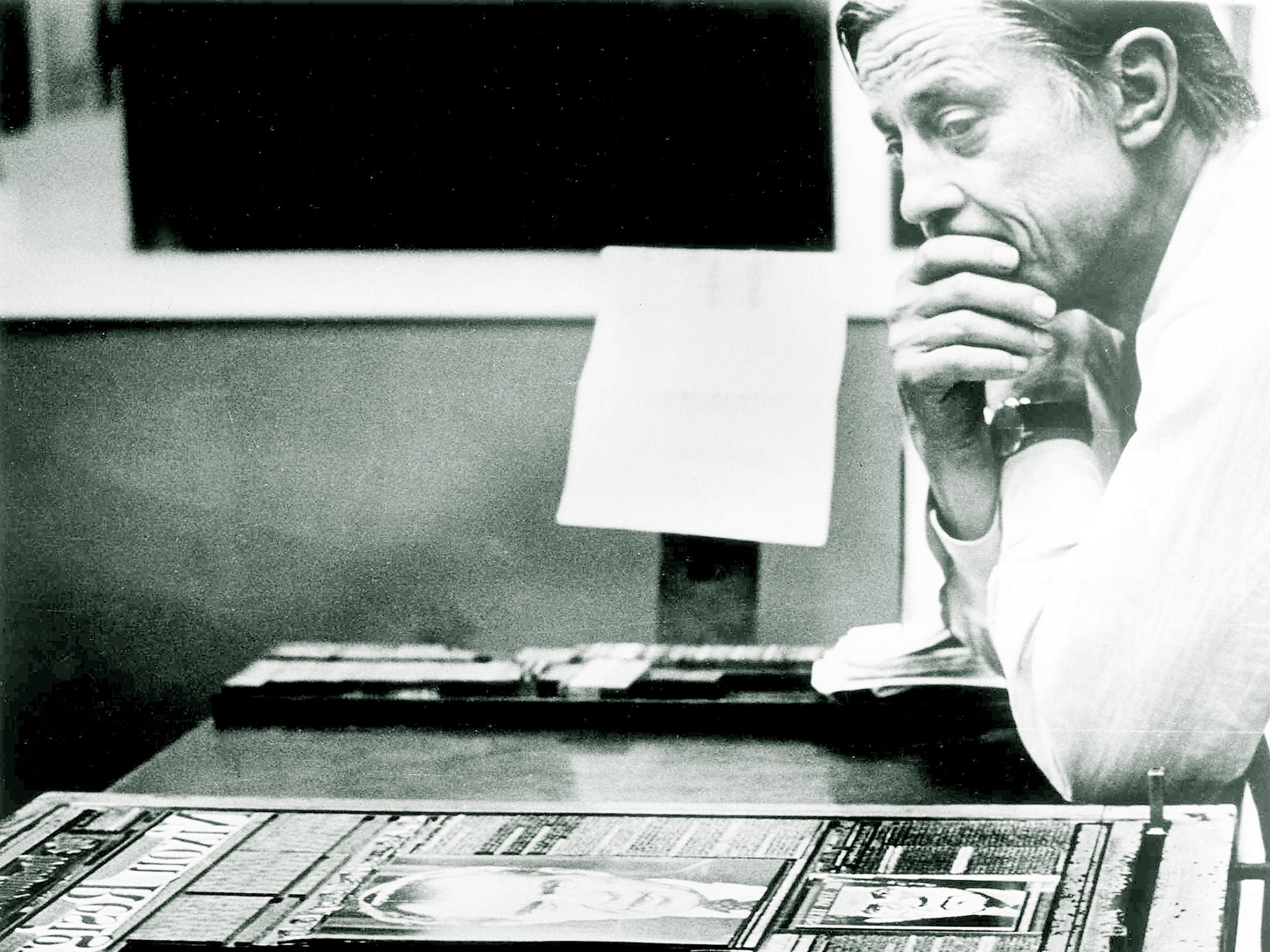
Your support helps us to tell the story
From reproductive rights to climate change to Big Tech, The Independent is on the ground when the story is developing. Whether it's investigating the financials of Elon Musk's pro-Trump PAC or producing our latest documentary, 'The A Word', which shines a light on the American women fighting for reproductive rights, we know how important it is to parse out the facts from the messaging.
At such a critical moment in US history, we need reporters on the ground. Your donation allows us to keep sending journalists to speak to both sides of the story.
The Independent is trusted by Americans across the entire political spectrum. And unlike many other quality news outlets, we choose not to lock Americans out of our reporting and analysis with paywalls. We believe quality journalism should be available to everyone, paid for by those who can afford it.
Your support makes all the difference.Newspapers don’t tell the truth under many different, and occasionally innocent, scenarios.
Mostly when they don’t know the truth. Or when they quote someone who does not know the truth.
And more and more, when they quote someone who sis spinning the truth, shaping it to some preconceived version of a story that is supposed to be somehow better than the truth, omitting details that could be embarrassing.
And finally, when they quote someone who is flat-out lying. There is a lot of spinning and a lot of lying in our times – in politics, in government, in sports and everywhere. It’s got to a point where, if you are like me, you no longer believe the first version of anything. It wasn’t always that way.
I guess it started for me with Vietnam, when the establishment felt it had to lie to justify a policy that, as it turned out, was never going to work. It mushroomed during the counterculture days, when sacred protective shrouds were ripped away from every institution in our society. Government itself, of course, the church, schools, colleges, family and sexual relations, business, especially big business, the Boeskys, the Milkens, the barbarians at the gates. And, of course, the press, which was on hand to record the ripping of the shrouds with glee. Some thought: too much glee.
One by one these institutions got a hard second look from the new generation, the first hard look since World War II and the first new look from citizens of the Information Age. But Vietnam, the counterculture – Haight-Ashbury and drugs and all that – the Pentagon Papers, Watergate, Nixon’s exile to disgrace, the S&L scandals, Irangate, the Gulf War, they were all terribly important stories, historical turning points that had to be covered with energy and intelligence.
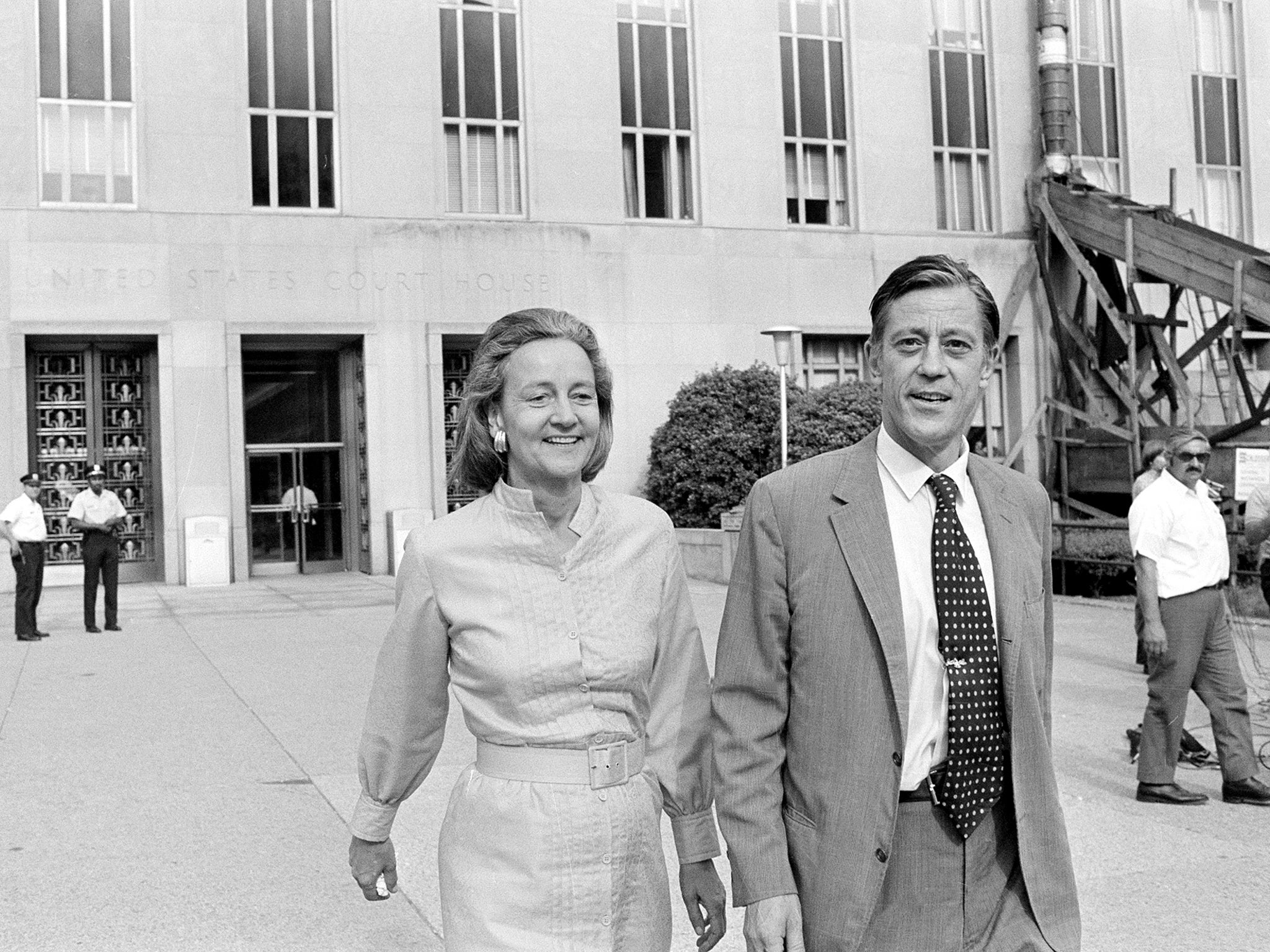
Let’s look at Vietnam first and the damage it did to the habit and the virtue of truth, to the politicians caught in its jaws, to the press caught up in the web of official lies. Just one incident hidden away in the Pentagon Papers, which, of course, no one ever read. When [President Lyndon] Johnson sent his Secretary of Defence, Bob McNamara, to Vietnam right after he succeeded Kennedy, he wanted McNamara to give him a new, fresh look at how the war was going.
It was the end of December or early January 1964. McNamara, the whiz kid, toured the battlefields, listened to the generals’ briefings for days. When he left Vietnam to come back to America, he held a press conference at Tan Son Nhat Airport proclaiming that he was much encouraged, that the South Vietnamese army had shaped up, that all the signs pointed toward progress. It was not the “light at the end of the tunnel” speech, but it was damn near the same. When he landed at Andrews Air Force Base, he told reporters there pretty much the same thing. He was, he said, going to tell the President how much things had improved. And then he took a helicopter to the White House lawn and disappeared into the White House. And nobody knew what he told the President.
But, wonder of wonders, it’s there in the Pentagon Papers. It turned out that when he landed on the White House lawn, he swept into the President’s office and told him that everything was going to hell in a handbasket in Vietnam. [General William] Westmoreland was going to ask for a couple of hundred thousand more GIs, and he, McNamara, would probably support that request. Just think for a minute how history might have changed if Americans had known then that their leaders felt the war was going to hell in a handbasket! In the next seven years, thousands of American lives and more thousands of Asian lives would have been saved. The country might never have lost faith in its leaders. Because the country, deep down in their hearts, came to know that their leaders were lying. And that’s the beginning, I think, of a great sea change in this country. They knew it, despite whatever their Commander-in-chief said – they knew it. There wasn’t much anybody could do about it, but they knew it.
America did start to lose faith in its leaders. All that information is contained in the Pentagon Papers, incidentally, if anybody ever wonders why newspapers raised such hell about being denied the right to print information from those documents. The idea, incidentally, that any of that was secret boggles your mind. And yet the government of Richard Nixon took two papers to the Supreme Court to try to stop them from publishing a story for the first time in the history of the republic. Now, 18 years later – get that, 18 years later – the prosecutor, the solicitor general of the United States, a man called Erwin Griswold who was dean of the Harvard Law School, wrote a story for The Washington Post – he volunteered to write a story for The Washington Post – saying that at no time had national security been threatened as a result of publishing the Pentagon Papers.
Just think of that for a minute. Never mind the couple of million dollars that it cost to defend these newspapers against that prosecution. You have no idea what it was like, what it is like, to be accused, in effect, of treason by your country. At first, we were not even allowed in the courtroom because we didn’t have security clearance to hear the case against us. The courtroom had two swinging doors which had glass panels in them. The glass panels were covered with blackout curtains. Blackout curtains! And when you asked why, you couldn’t believe the answer, which was so that no one – godless communists or whoever – could read the lips of the witnesses.
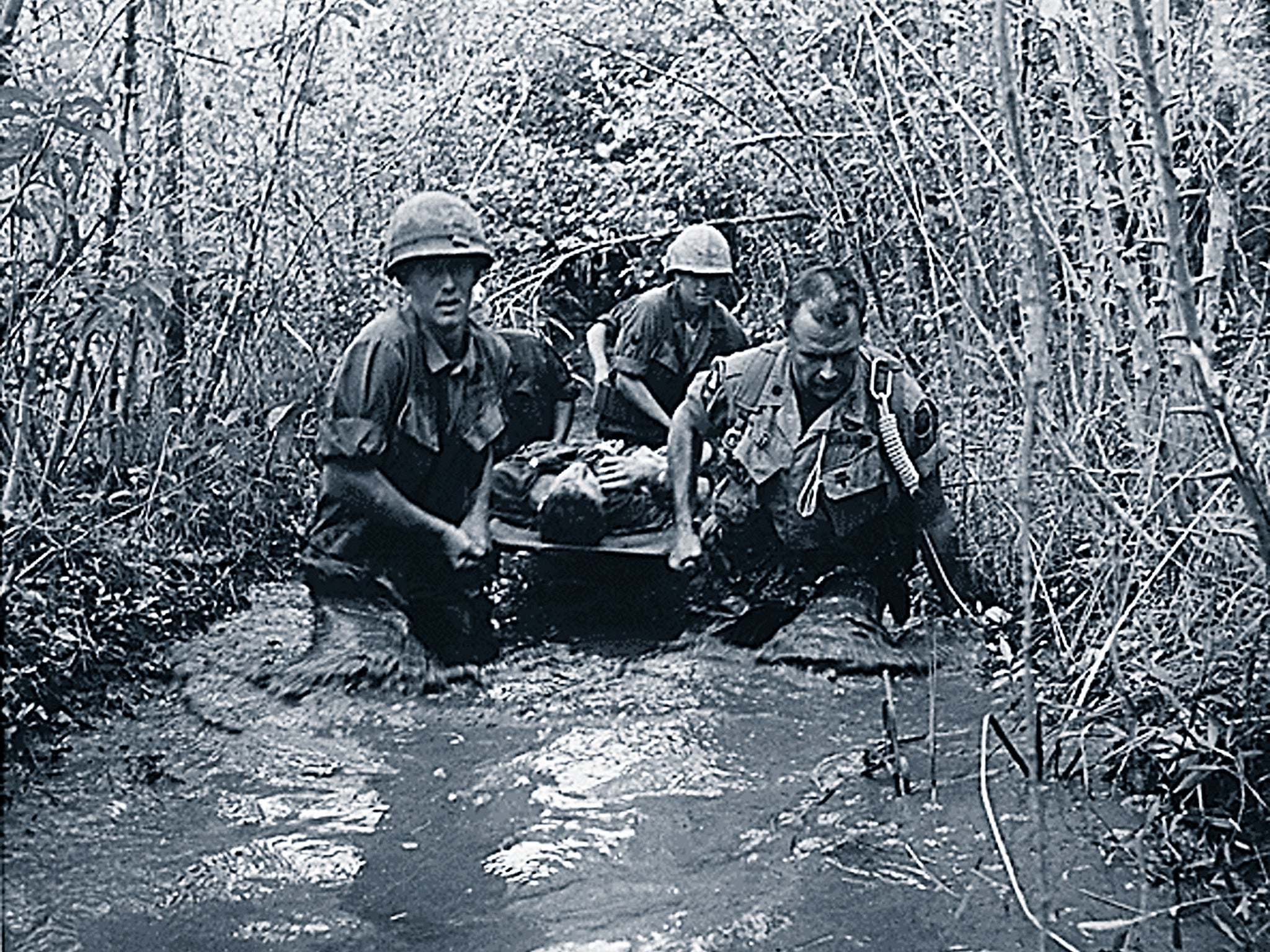
Let me just take a little riff on this one because it is so outrageous. It’s a civil case where you’re not indicted, but if you lose a civil case, you know damn well you’re going to be indicted. And if you’re indicted and you happen to lose in front of a jury, you know damn well that your newspaper is going to lose all its television stations because a felon can’t own a television station.
But anyway, the high moment for me was when the judge turned to an Assistant Secretary of Defence who was testifying, and he said: “Let’s cut to the chase; let’s get right to the point. What information contained in the Pentagon Papers would most seriously damage the national security of the United States if The Washington Post publishes it?”
The guy went absolutely white – ashen – because he had not read the Pentagon Papers. He immediately asked for a continuation for a few minutes. And we could see them huddling over there, the prosecution team.
And at the defence table, which had nine of us on it, all mostly reporters, we had brought a couple of documents with us. And we waited and waited and waited. And, finally, he said he was ready to return to the stand. The stenotypist read the question back, and he said, “Operation Marigold”. You know, we were all terrified that if it starts with “Operation”, you know that has to be national security. So George Wilson, our Pentagon correspondent, started stirring through a transcript of hearings – not classified hearings – and in the agate print he found a reference to “Operation Marigold”. (It was an effort by Lyndon Johnson to enlist the Poles to see if Ho Chi Minh would offer them a deal that he wouldn’t offer to him.) And the following week’s Life magazine had a lead article by Harold Wilson, the Prime Minister of Great Britain, on Operation Marigold. I mean, it’s just ridiculous.
Even the very best newspapers have never learned how to handle public figures who lie with a straight face. No editor would dare print this version of Nixon’s first comments on Watergate, for instance: “The Watergate break-in involved matters of national security, President Nixon told a national TV audience last night, and for that reason he would be unable to comment on the bizarre burglary. That is a lie.”
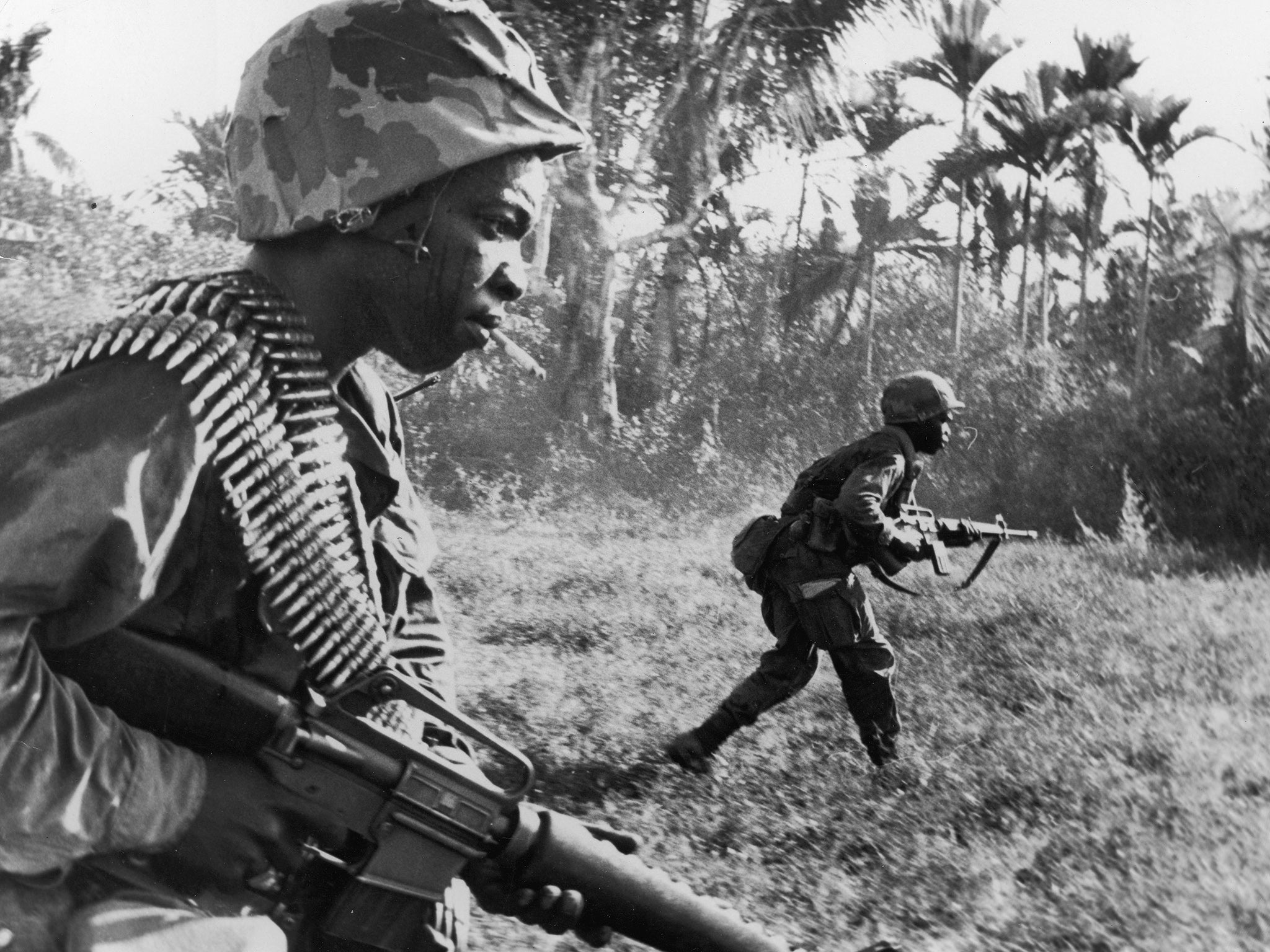
We won’t dare do that. But that is what it was, and, for better or for worse, we aided and abetted in publishing something that wasn’t the truth, something that was a lie. I hate to hedge this by calling them non-truths; I like to call them lies. And even the boldest editorial pages, where such a comment might be appropriate, are reluctant to strike that hard, that fast.
So we have to wait, searching aggressively for ways to prove the lie and, in the process, we alienate those who don’t believe or don’t want to believe the lie. Two cases involving lies – not as they are being called today, “being inaccurate, incomplete or unreliable”, but lies – that have dominated Page One, of course, in the last several weeks illustrate our dilemma.
For two years, Speaker of the House [Newt] Gingrich has defiantly and even contemptuously denied that GOPAC, his own political action committee, had anything to do with the college course he was teaching. And for two years the press reported his denials, even though most of the press knew he was lying. And the Ethics Committee found that GOPAC was deeply involved in developing, fundraising and promotion for Newt’s course. During the 1996 presidential campaign, the Republicans accused the press and the Democrats of keeping the Gingrich affair alive to make life easier for Clinton. The Gingrich affair did make life easier for Clinton then, and as a matter of fact, it’s going to make life easier for Clinton today.
Suddenly, on the eve of Christmas, Gingrich decides to cut his losses in order to save his speakership. And he issues one of the most extraordinary mea culpas in the history of confession – so obfuscated that the public is still trying to determine what he is confessing. He did not confess, you notice, to violating any law, just to “failure to ensure” that he did not violate any law. Excuse me? Where is Lewis Carroll when we need him?
The great cartoonist Herblock had a cartoon which showed a dead person, a man holding a gun right over him and talking to a policeman. The caption was: “I failed to call my lawyer.”
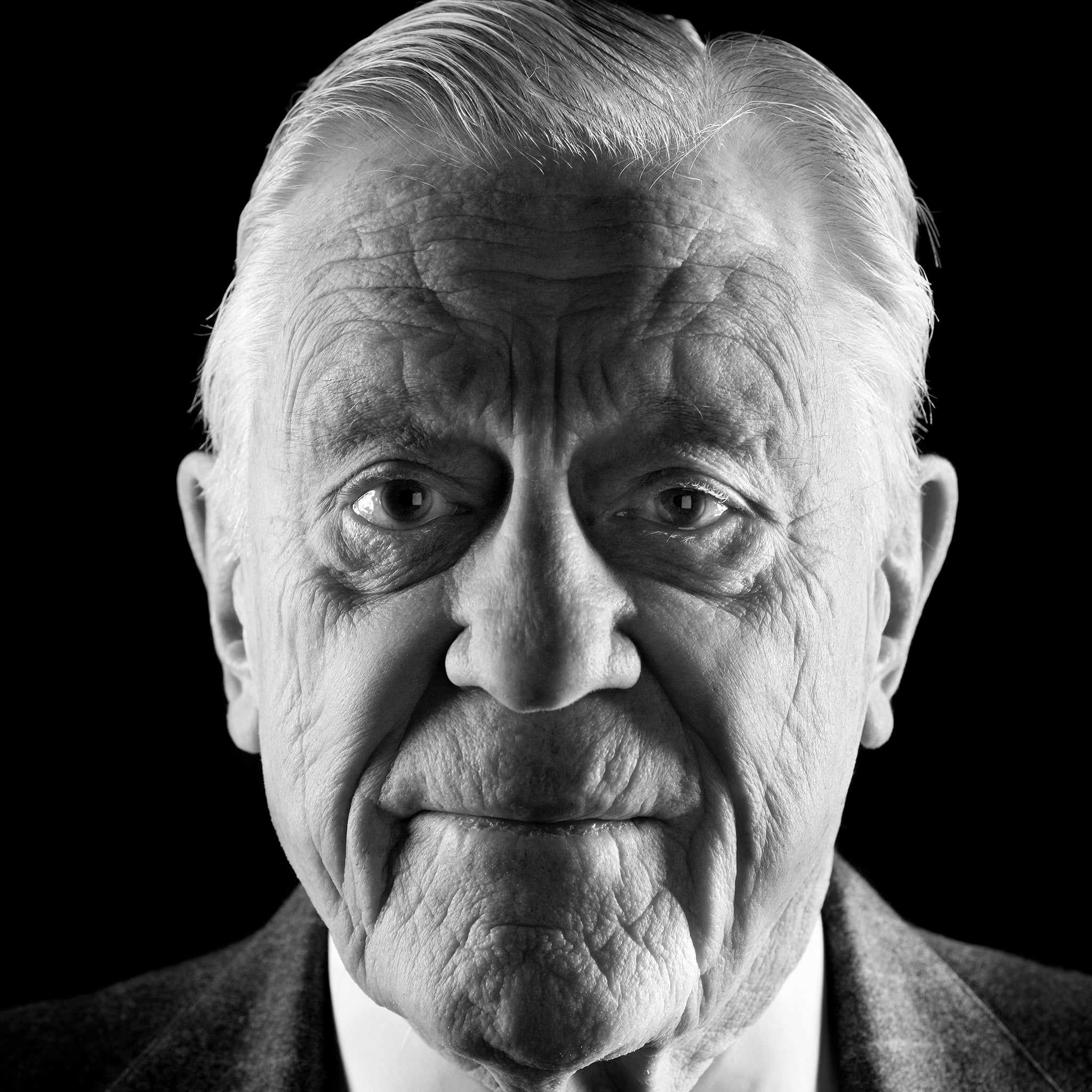
Am I the only one who thinks that Mr Gingrich is lying again, even as he “confesses”?
“I did not intend to mislead the committee,” Gingrich explains – come on! – even as he admitted that “in my name and over my signature, inaccurate, incomplete and unreliable “statements were given to the committee”.
The conservative pundit William Schneider had it just about right, it seems to me, when he said: “Gingrich’s violation of House rules was not an inadvertent error. It was a systematic pattern of deception, carried out with hubris and defiance over several years.” You know it’s one or the other; it can’t be both.
The spinning done on the Gingrich affair by the likes of master spinners Tony Blankley and GOP chairman Haley Barbour has been so successful, it seemed to me, that Gingrich would prevail – at least for a while. The other story, equally brimming with lies and equally dominating our front pages, of course, is the Democratic National Committee’s lurid fundraising problems. This is my own favourite to illustrate the problems facing the public and the press as they search for the truth. You know the grand outlines:
Although the law forbids non-US citizens and companies from contributing money to US political campaigns, a motley crew of foreigners contributed hundreds of thousands of bucks to the Clinton campaign and the Clinton defence fund. (“Motley crew” hardly describes them: Suma Ching Hai, a slinky cult leader from Taiwan; Wang Jun, a weapons dealer from mainland China; and a couple of Indonesian millionaires named Riady – one of whom visited the White House 20 times. That’s just to name a few.) These donors have had extraordinary access to Clinton, including the odd sleepover in the Lincoln Bedroom. The earliest comments described the visits as “purely social” by a White House spokesman. That was a lie. Financial donations were first defended as legitimate. That, too, was a lie, and $1.5 million was then returned.
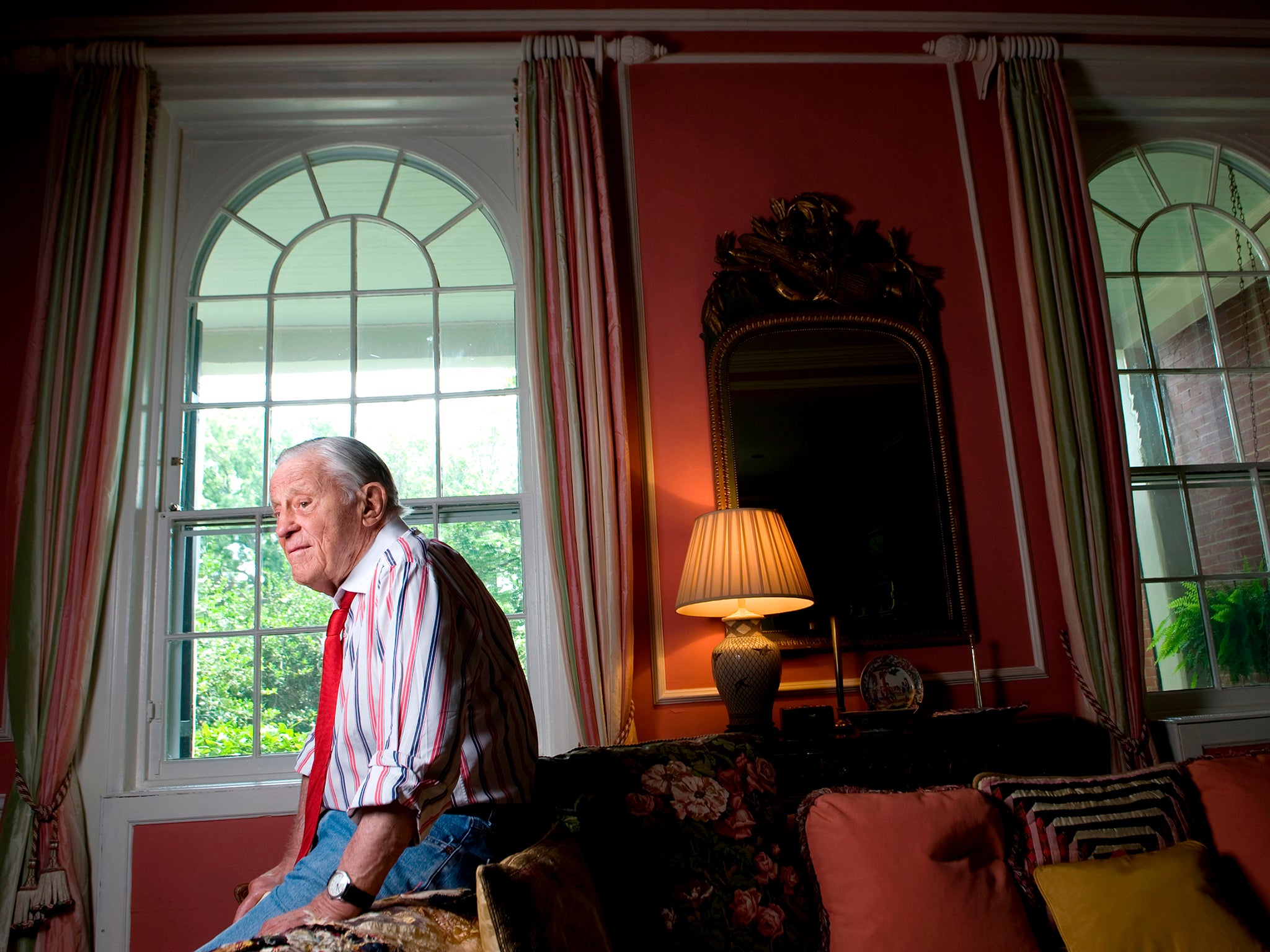
One day, 22 December 1996, three days before Christmas, the White House gave three distinctly different versions of a 9 May meeting between senior Clinton aides and officials of Clinton’s defence fund to discuss several hundred thousand dollars of questionable donations. All this behind closed doors, and we don’t know anything about it. A White House spokesman said there was a debate about whether to keep $378,999, with some White House officials suggesting that some of the money appeared to be legitimate and should be kept.
Reporters who went with that version were lying, apparently, because the next version said no one suggested keeping anything; aides were simply raising questions.
And later that was rendered “inoperative”, in [Nixon press secretary] Ron Ziegler’s immortal phrase. The questions raised concerned only how to explain to donors and the public that their money was being returned.
When the money was returned in late June, the refund was accompanied by a letter to the donors that said: “This does not mean you cannot make a contribution if you meet the requirements described in the enclosed fact sheet.” That letter produced another $120,000, but a subsequent investigation – all of these “investigations” are triggered by reporters who think that the truth has not yet emerged – found that some of that money came from people who “lacked the resources” to give and was, in fact, from other sources. And so that $120,000 was returned. There seems to be more money going back out then there is coming in!
Where lies the truth? That’s the question that pulled us into this business, as it propelled Diogenes through the streets of Athens looking for an honest man. The more aggressive our search for truth, the more some people are offended by the press. The more complicated are the issues and the more sophisticated are the ways to disguise the truth, the more aggressive our search for truth must be, and the more offensive we are sure to become to some. So be it.
Remember, Walter Lippmann was right so many years ago when he wrote that, in a democracy, the truth and nothing but the truth are rarely available immediately. In a democracy, the truth emerges – sometimes it takes years – and that is how the system is supposed to work and eventually strengthen itself.
I take great strength from that now, knowing that in my experience, the truth does emerge. It takes forever sometimes, but it does emerge. And that any relaxation by the press will be extremely costly to democracy. µ
Ben Bradlee, who passed away aged 93 last Tuesday, was executive editor of ‘The Washington Post’ from 1968 to 1991. This essay is excerpted from the Press-Enterprise Lecture he delivered at the University of California, Riverside, in January 1997
©The Washington Post
Join our commenting forum
Join thought-provoking conversations, follow other Independent readers and see their replies
Comments